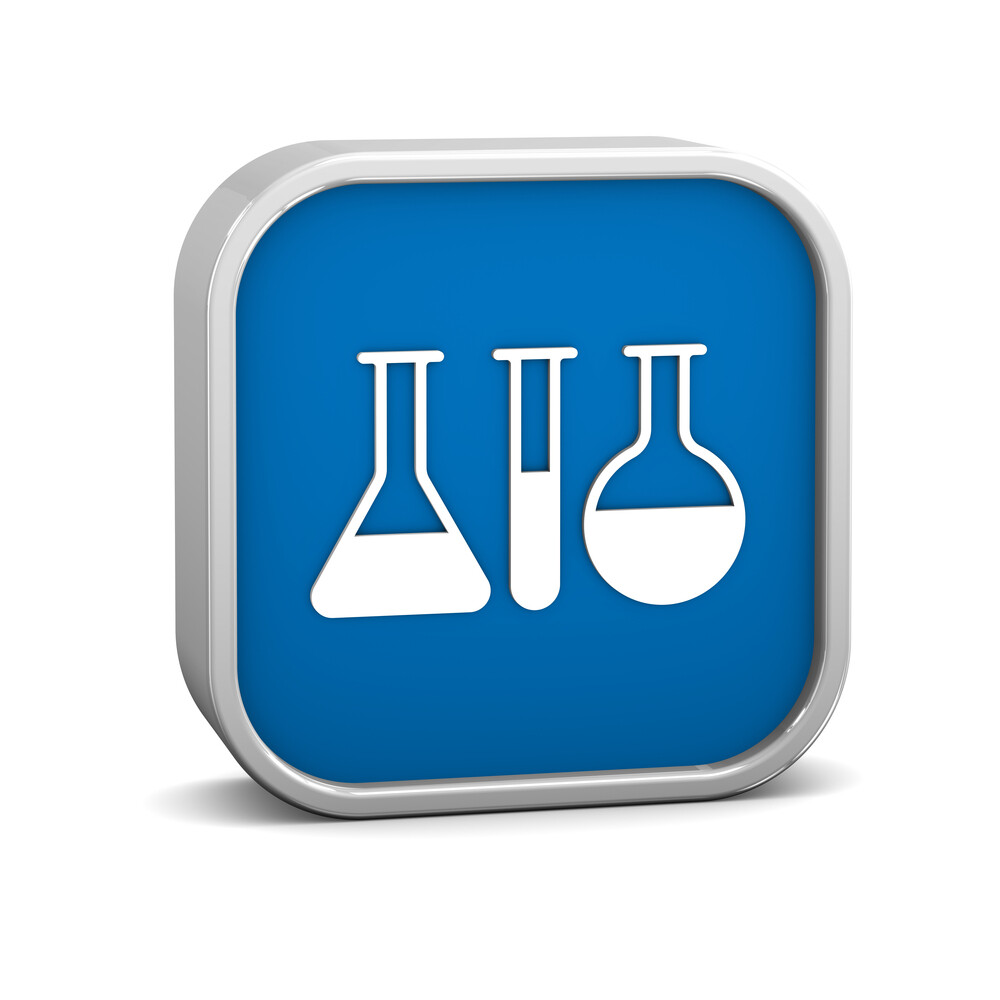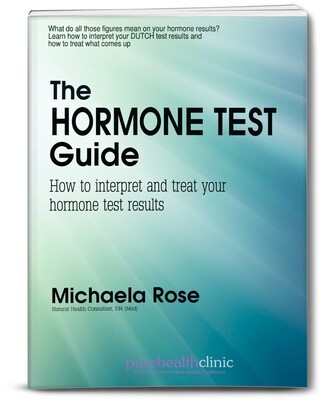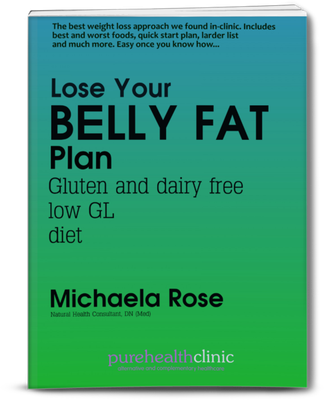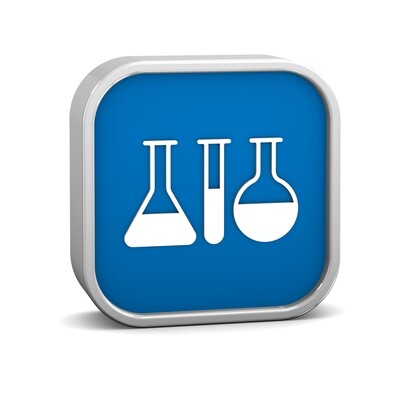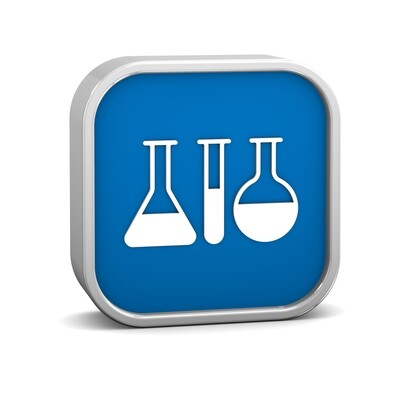

Purehealth Books
My ebooks and factsheets from the last 30 years

Micki Rose DN Med
Natural Health Consultant Now retired from clinic work but still sharing 30 years' worth of knowledge.
Hello there. I'm so glad you found me! Do have a good browse. Click on the book icon below and you'll find three categories with tons of different ebooks and factsheets for you, some paid-for, some free. Because I'm nice like that. Hope you find something that helps you - and don't forget to check out the A-Z on my clinic website too where there are over 70 free factsheets for you on all sorts of topics! Have fun, Micki
Women's Health Tests
Women's Health & Hormone Tests
The core tests are either the Omnos Sex Hormone Complete panel for all the main markers needed to see what's going on in hormones conditions including LH, FSH, SHBG, Prolactin, cholesterol, Vitamin D, thyroid markers and more.
Or, for a more comprehensive female health screen, use the Wellness 360 Female test which has 50+ markers looking at overall health plus the hormones. Sample report and collection instructions.
These are both blood tests and the reason is that we want to look at both bound and free levels of hormones, plus LH, FSH etc, which you are not going to get with saliva or urine. Saliva and urine are good for free hormones and cortisol.
Some useful additions...
If you are having menstrual issues like irregular periods, PMS, PMDD, menstrual headaches, migraine, period pain etc, also do the Genova Rhythm test so we can check your cycles. You can order here or direct via Genova using my code A42RS. And you can see all Genova hormone test sample reports and details here.
For PCOS or high androgen-type conditions like hair growth, hair thinning, acne etc, you may also need to check levels of DHT, the strongest androgen (male hormone). PCOS (polycystic ovarian syndrome) is the most common endocrine disorder in women, in fact, and grossly under-diagnosed, most of the markers you need to identify it are in the core tests above, but DHT can also answer a few questions! I've added a DHT in case.
If you suspect a high level of endocrine disruptor chemicals or toxins in your system – especially important in PCOS, in people sensitive to chemicals or who don’t detox well, or you are at risk or suffering from ‘proliferative’ hormone conditions like fibroids, cysts, endometriosis, hormone-sensitive cancers, fibrocystic breasts, or if you are not getting well - then test for key chemicals and EDCs, including glyphosate pesticide. Cyrex 11 also tests to see if you are immunologically reacting to them. If one comes up quite high, look for the source of it and eliminate. If lots come up higher than they should be, it is more likely that you’re not clearing chemicals well enough, so deal with that.
If you are having pain of any type, also test for essential fatty acid and prostaglandin levels as imbalances in those is the main cause. There is a Omega 3:6 balance check in the 360 Wellness test above, but for a more comprehensive look (especially if that is out of whack), use the Genova Red Blood Cell Fatty Acid Test, not the bloodspot preferably, although it's OK if you need to. Collection instructions are here.
If you are over 35, and approaching perimenopause or post menopause, also check your adrenals. The earlier the better here as these have to start taking over production of oestrogen etc from your ovaries and many women who have a difficult menopause do so because their adrenals weren't up to the job and needed boosting! We also want to make sure you are metabolising oestrogens safely and keep you at low risk of oestrogen-sensitive cancers and conditions like cysts, polyps, fibroids etc. The DUTCH test will check all of this. You can order that via that link or on the shop here. If you prefer to just do adrenals, the Genova Adrenal Stress test is great. You can order that here or using my code direct at Genova: A42RS.
Bear in mind that in perimenopause, your hormones are going to be all over the place and they might not tell you much or make much sense. Have a look anyway in case there is an easy win there, but I would concentrate mostly on the diet and lifestyle stuff like sleep, movement, diet etc and test adrenals, insulin, glucose, thyroid and EFA balance as those are going to be the key factors making things even more difficult for you.
Bone/Osteoporosis: Check if you are resorbing bone so that you can catch and correct any osteoporosis risk early, especially post 45. Get your GP to do a regular DEXA bone scan, but also check bone resorption markers like DPD, which will show if you are losing bone much earlier - you have to have lost quite a bit before it shows on a scan - a bit late then, I always think! I've added urinary DPD (deoxypyridinoline) onto the shop for you. If you need something more comprehensive, Colab do several Osteoporosis screens, but they are a lot more costly - ask me to confirm prices if you need this. You can read more about DPD here - this is an old Genova test interp - sadly, they discontinued the test because very few people did it!
If you are post menopausal (a year after your last period), keep an eye on bone, cardiovascular and brain health particularly. The common link in those is inflammation, so get your hsCRP and/or ESR checked every year or so. Your doctor can do those, or see the Inflammation tests here. Why? because we know that, as oestrogen (and testosterone in men) drops, inflammation goes up a LOT!
Two other factors can have an enormous effect on hormone balance too: thyroid and blood sugar control. The basic thyroid markers are covered in the two core tests above but do the Genova Thyroid Plus for a better look if you suspect this. You can see all thyroid tests here. The HBA1c diabetes marker is included in the Wellness 360 core test, but for a proper look at glucose and pre-diabetes markers, see the Metabolic test here.
Finally, if you have a family history of hormone problems or you are not improving, it can be a good idea to check your hormone genetic patterns. It will likely answer some questions and may give you an idea of what pathways and systems need specific support if there is a genetic weakness or over-expression going on. Check the Genetics page out here.
An extra word on Anaemia and B12 testing. This is surprisingly tough to find, done well. Use the TDL Anaemia Profile, which includes active B12 (serum can be misleading) and red cell folate (ditto) as well as the usual iron panel markers. Even better, it includes ESR because inflammation can make a difference to what the ferritin levels do.
Testing Tips...
Follow the collection instructions given in your test kit for how to take samples as it varies depending on what stage of hormonal life you are and if you are on any hormones. Generally, most people will test to see how they are doing on meds/supplements - are they working? If having cycles, you aim for testing on days 19-21. If no longer having periods, any day is fine, although if you want to check a particular phase - follicular in the first half of the cycle, luteal in the second, then take your sample in that time frame so you can see what's going on.
For DUTCH tests: Here are the DUTCH Collection Instructions as a PDF and here is a series of videos if you are more complex cycle-wise or on meds/supplements. If your cycles are long, short or irregular, see the extra guidelines here.
If you are on HRT, check if the DUTCH is viable or not for you here; it depends on the form you are taking. Note the Mirena coil contains synthetic progesterone which is not detected by the DUTCH tests; everything else is tested fine but don’t rely on it to show progesterone correctly. Samples are returned to the UK lab and drop-shipped to the US for you. Any questions, check the DUTCH website, their FAQ is very useful. Note that if you mess up your samples, a new test kit costs a further amount – about £12 currently – so just be aware of that.
Genova has a Guide to which samples are best for which hormones here.
If you have erratic cycles or find it difficult to track your cycle/see when you're in the luteal phase - the best time to test if having periods - try using ovulation sticks. They don’t have to be the fancy digital ones. Use one a day. Count seven days after the paper first changes colour and do your test then - that's when you will be in the luteal phase. Clever huh? The lab taught me that one :)
You can read more on Hormone Testing here.
